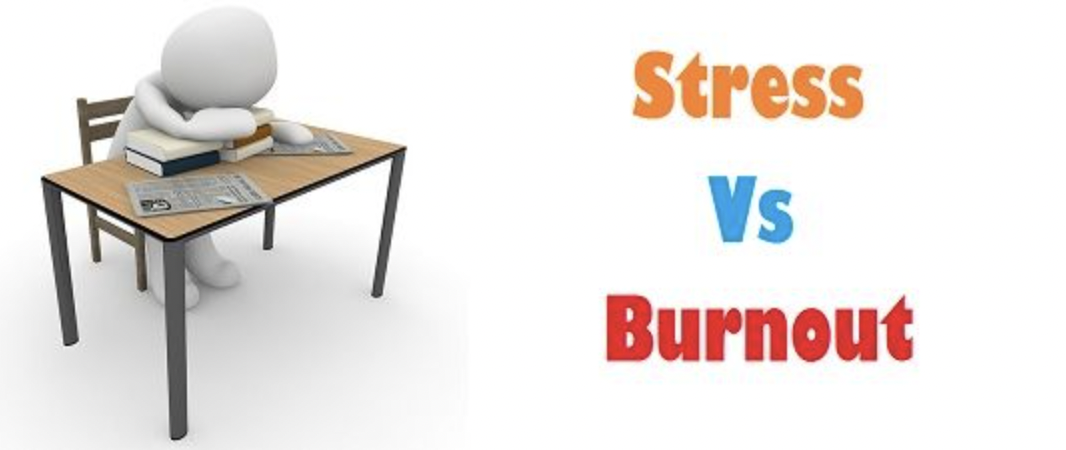Stress and emotional burnout are two conditions that are not pleasant. They knock a person down and make him suffer.
When either of these take place, the individual cannot remain happy even while spending time with his relatives or playing at a live casino. That said, these states are different; burnout is more dangerous, requiring immediate intervention.
To recognize emotional burnout, it’s necessary to know the distinctive features. There are several that can be cited.
Problems With Sleep
Insomnia is something that is observed in a person who has been exposed to burnout. What’s more, the individual may have the other extreme – prolonged sleep.
He or she will get plenty of rest, but still remain frazzled.
Thoughts of Work Are Frightening
They make a man shudder, nervous more than usual. In this case, he will not be able to explain his anxiety.
It will appear even if things in the professional sphere are going in the best way. By the way, coping with them will get worse and worse, so problems will arise from time to time.
Illnesses
These will manifest themselves more often than usual. The individual will constantly feel unwell and complain about painful sensations in various parts of the body.
At the same time, there will be no objective reasons for such a worsening of well-being.
No Motivation
And the reason is that burnout makes a person refuse to reach the goals, to lower the bar. A person will not want to move forward, he won’t finish anything.
And failures and failures will upset him even more, deprive him of the incentive to work.
Detachment From Others
The individual may build an invisible wall between himself or herself and others. With its help, he will fence himself off from people, and won’t allow them to approach him.
He will be comfortable in solitude, and he won’t have any strength to interact even with close companions.
All these phenomena can be observed under stress, but they will be one-time occurrences. But at a burnout, they will become permanent, which will exhaust and fatigue even the most resistant individual.
Treatment of Burnout
Elimination of emotional burnout syndrome requires help of a therapist, support of your family and colleagues. A patient’s motivation plays an important role – readiness to change habits, rest and work schedule, self and work evaluation. For the achievement of stable results, a complex psycho-medical and social approach is important, which includes:
- Therapy. Sessions are aimed at changing the patient’s personal attitudes in relation to professional activity, the formation of motivation and interest in work, and the ability to distribute resources (time and energy) in various areas of life. Psychotherapy is conducted in the form of conversations, exercises and homework.
- Medications. Doctors select medications individually, and the therapy scheme depends on the clinical picture. Often antidepressants, anti-anxiety drugs, sedatives and stimulants on a plant basis are prescribed.
- General strengthening measures. Patients show compliance with the schedule: good night sleep, regular moderate exercise, proper diet.
Prognosis and Prevention
If diagnosed and treated in time, burnout syndrome has a favorable prognosis. Its manifestations can be well treated by therapeutic and medicamental correction. Because the basis of a burnout syndrome is physical and psychic exhaustion, prophylaxis should be aimed at health promotion and stress coping skills development. It is necessary to allocate time for rest every day, not to postpone work tasks to the day off, to use methods of psychological release – sports, outdoor games, creative activities, hobbies. To maintain physical health, it is important to stick to a proper diet (sufficiently caloric, rich in vitamins, microelements), walk or work in the fresh air, and sleep at least 7-8 hours a day.

